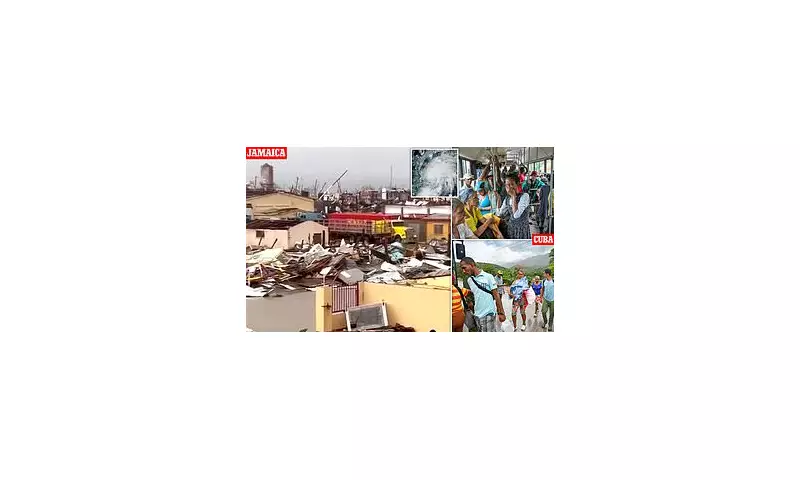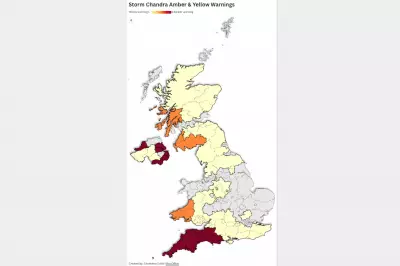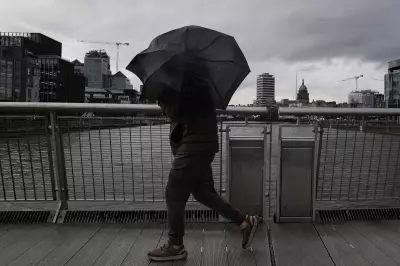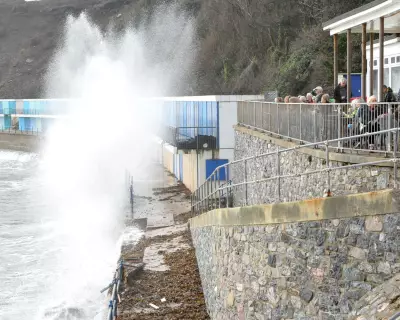
Hurricane Melissa has unleashed devastation across the Caribbean, with Jamaica bearing the brutal brunt of the catastrophic weather system that has left communities in ruins and rescue teams racing against time.
Island Nation Battered by Relentless Winds
The powerful hurricane made landfall in Jamaica with terrifying force, tearing roofs from buildings, uprooting ancient trees, and transforming streets into raging rivers. Emergency services reported multiple fatalities as the storm's 140mph winds carved a path of destruction through vulnerable communities.
"We're facing a catastrophe of unprecedented scale," declared one senior emergency coordinator. "The damage is extensive, and we're still discovering the full extent of the impact on remote communities."
Cuba Grapples With Widespread Flooding
While Jamaica suffered the direct hit, neighbouring Cuba experienced severe collateral damage from the massive weather system. Torrential rains triggered dangerous flooding across eastern provinces, with water levels rising rapidly in coastal areas.
Residents in low-lying regions were forced to evacuate as floodwaters submerged homes and farmland. The Cuban government has activated emergency protocols, deploying military personnel to assist with rescue operations in the hardest-hit areas.
Rescue Operations Intensify Amid Continuing Danger
Search and rescue teams are working tirelessly across affected regions, though their efforts are hampered by:
- Blocked roads and damaged infrastructure
- Ongoing power outages affecting communications
- Continued risk of landslides in mountainous areas
- Limited access to remote communities
International aid organisations are mobilising resources, with emergency supplies being prepared for immediate deployment once access routes can be secured.
Tourist Industry Faces Major Disruption
The hurricane has dealt a severe blow to the Caribbean's vital tourism sector during what should be peak season. Major resorts have implemented emergency protocols, with many guests relocated to secure shelters as the storm approached.
Airports across the region remain closed, stranding thousands of travellers and creating logistical nightmares for airlines and tour operators. Industry experts predict the economic impact will be felt for months to come.
Climate Experts Sound Alarm Bells
Meteorologists are noting that Hurricane Melissa's rapid intensification follows worrying patterns observed in recent years. "The speed at which this system developed into a major hurricane is concerning," noted one climate scientist. "We're seeing more frequent instances of rapid intensification in warmer waters."
As cleanup operations begin and the full scale of damage becomes clear, Caribbean nations face a long and expensive recovery process, raising urgent questions about climate resilience in vulnerable regions.





